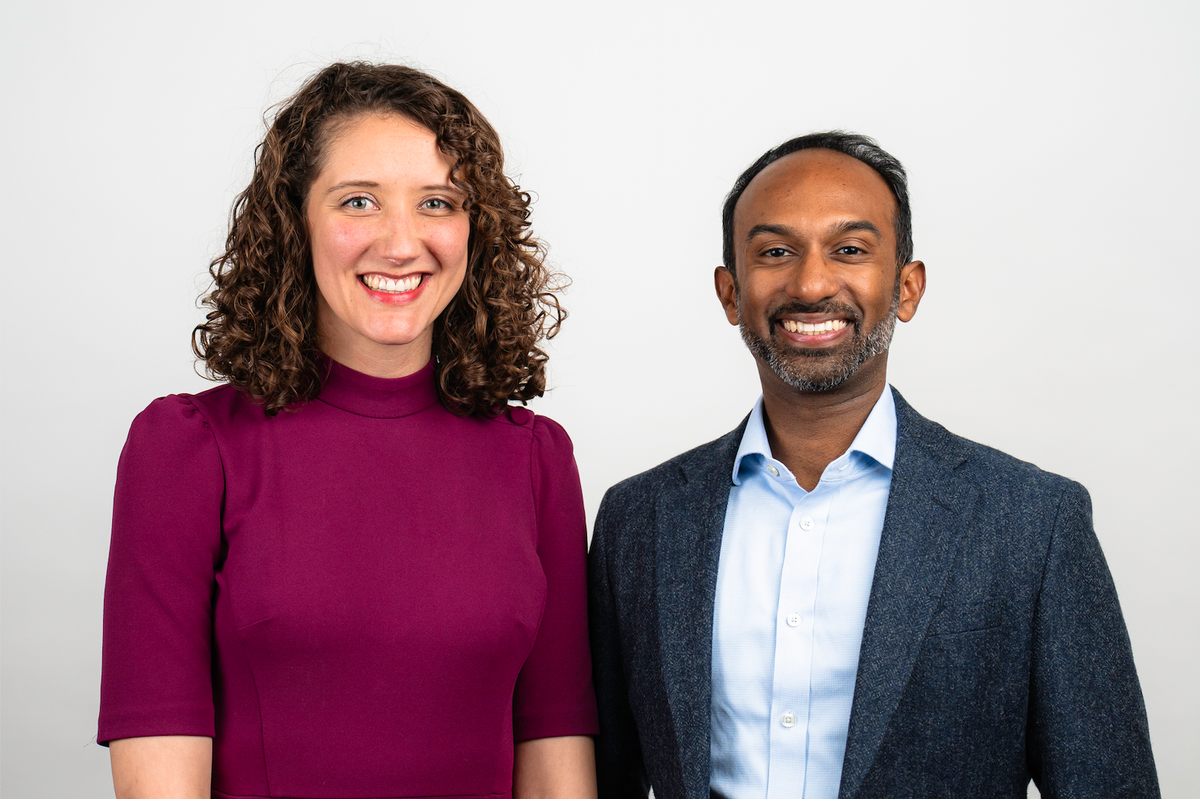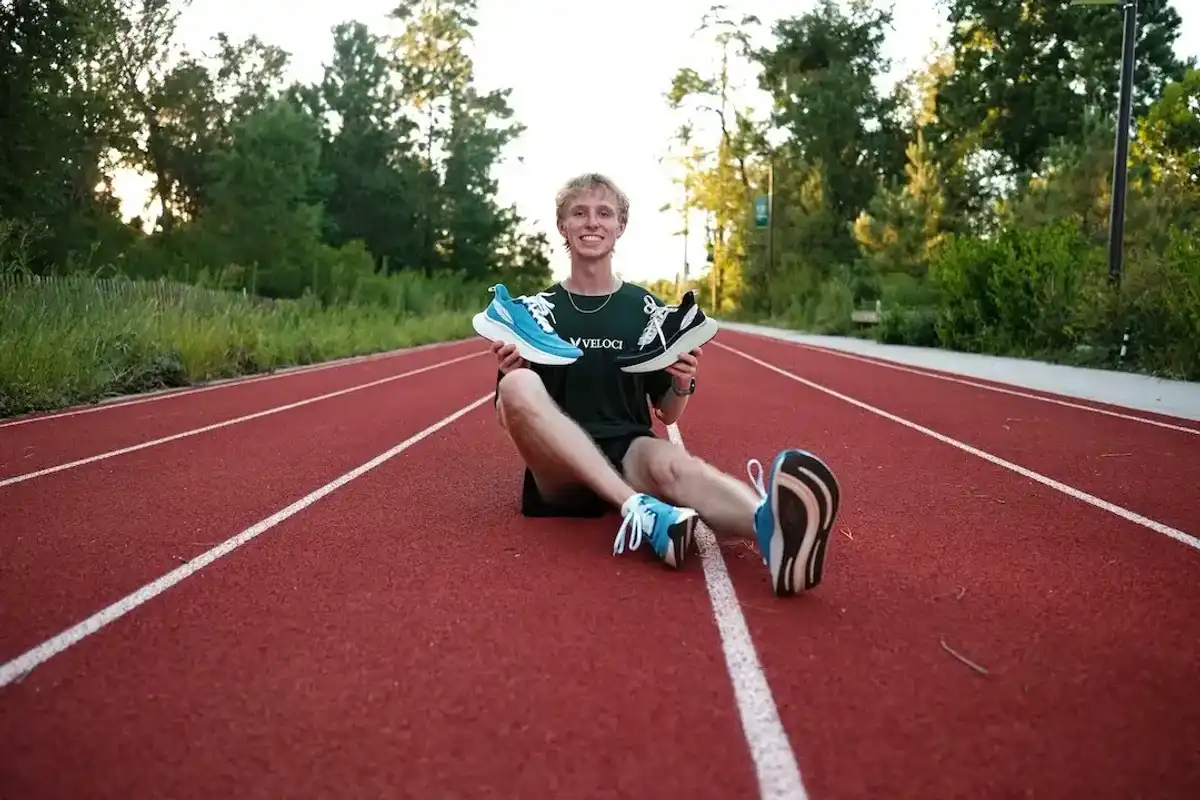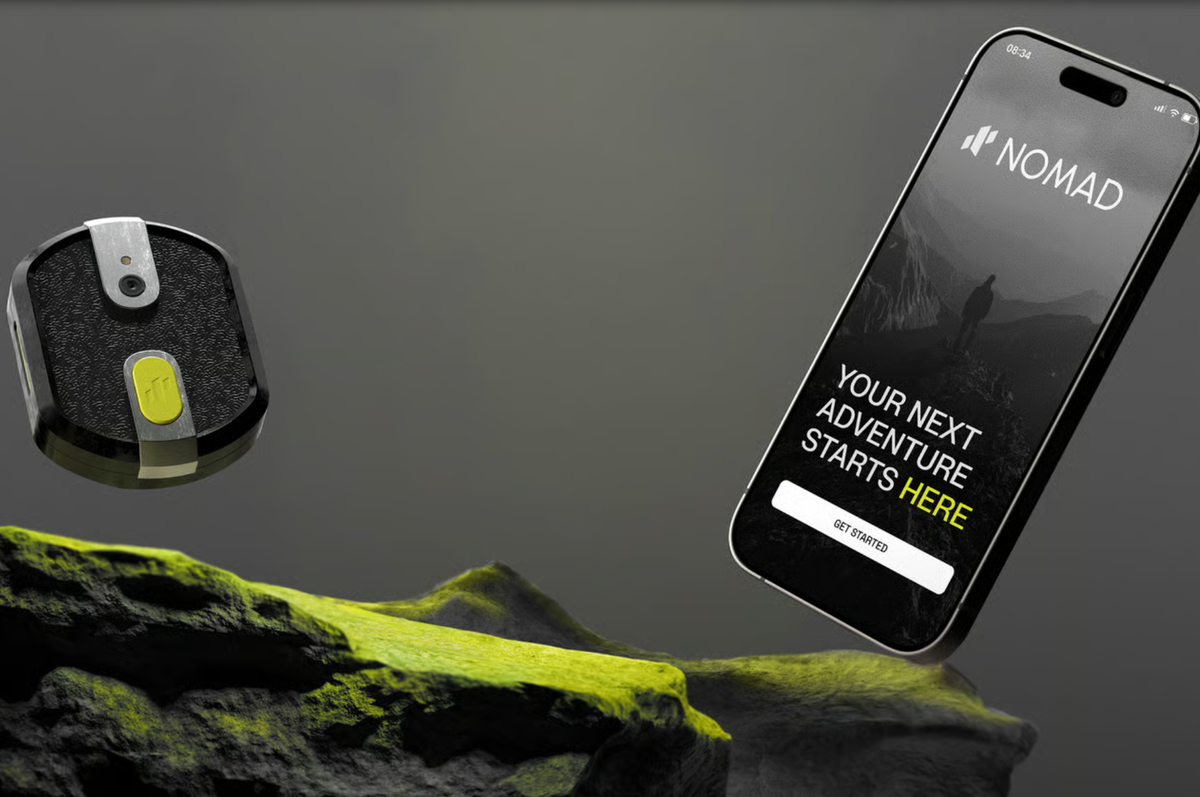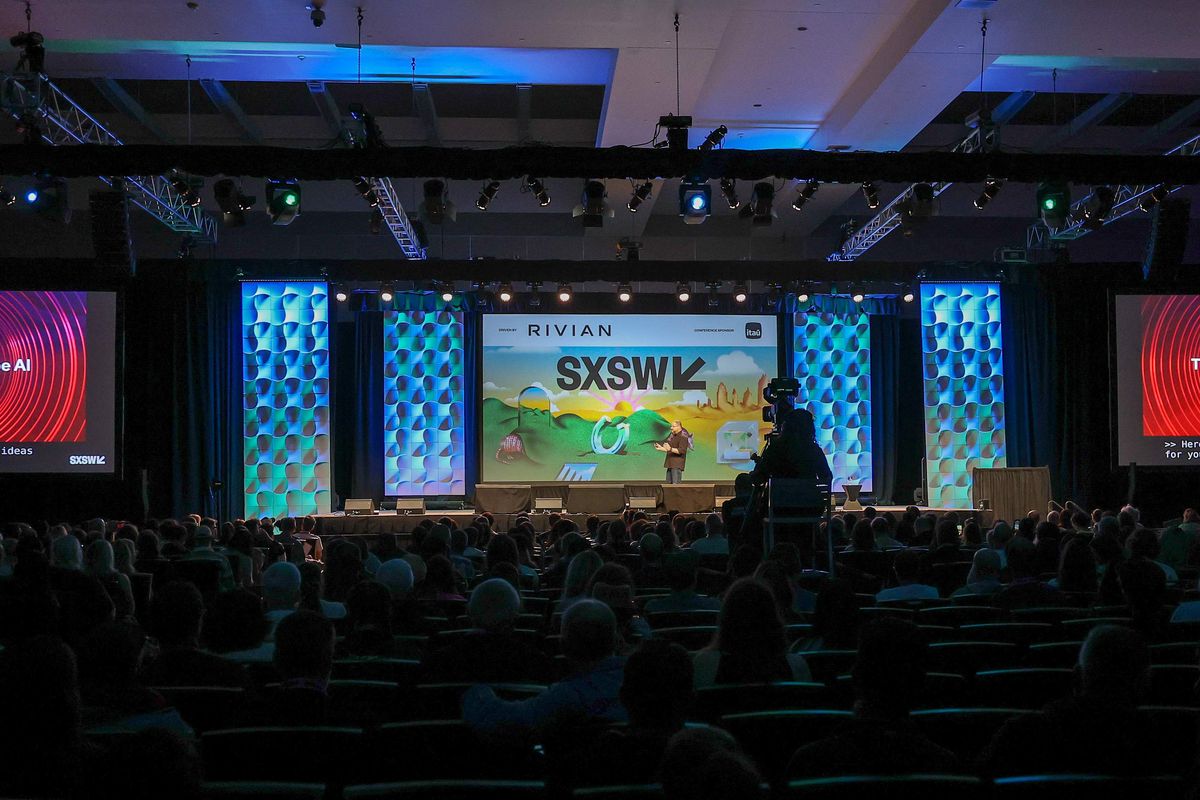Houston startups closed $1.75 billion in 2025 VC funding, says report
by the numbers
Going against national trends, Houston-area startups raised 7 percent less venture capital last year than they did in 2024, according to the new PitchBook-NVCA Venture Monitor report.
The report shows local startups collected $1.75 billion in venture capital in 2025, down from $1.89 billion the previous year.
Houston-based geothermal energy company Fervo Energy received a big chunk of the region’s VC funding last year. Altogether, the startup snagged $562 million in investments, as well as a $60 million extension of an existing loan and $45.6 million in debt financing. The bulk of the 2025 haul was a $462 million Series E round.
In the fourth quarter of last year, Houston-area VC funding totaled $627.68 million. That was a 22 percent drop from $765.03 million during the same period in 2024. Still, the Q4 total was the biggest quarterly total in 2025.
Across the country, startups picked up $339.4 trillion in VC funding last year, a 59 percent increase from $213.2 trillion in 2024, according to the report. Over the last 10 years, only the VC total in 2021 ($358.2 trillion) surpassed the total from 2025.
Nationwide, startups in the artificial intelligence and machine learning sector accounted for the biggest share of VC funding (65.4 percent) in 2025, followed by software-as-a-service (SaaS), big data, manufacturing, life sciences and healthtech, according to the report.
“Despite an overall lack of new fundraising and a liquidity market that did not shape up as hoped in 2025, deal activity has begun a phase of regrowth, with deal count estimates showing increases at each stage, and deal value, though concentrated in a small number of deals, falling just [8 percent] short of the 2021 figure,” the report reads.
- 14 Houston startups start 2025 with fresh funding ›
- Houston VC funding surged in Q1 2025 to highest level in years, report says ›
- Houston-area VC funding sunk to 5-year low in Q3 2025, report says ›
- Houston startup funding surpasses $1B in 2025 despite national slowdown ›
- Houston VC funding surged in 2024, fueled by major Q4 activity ›








